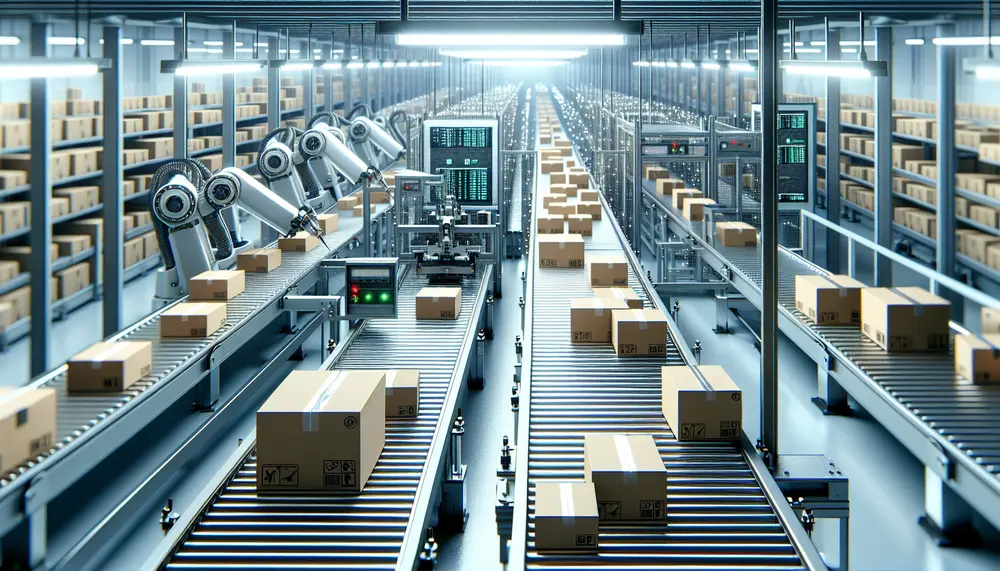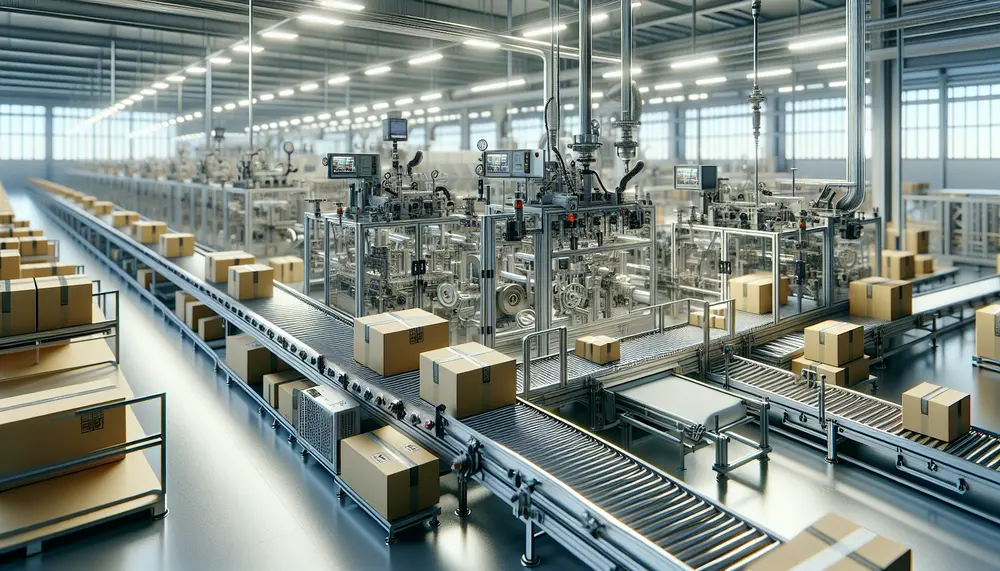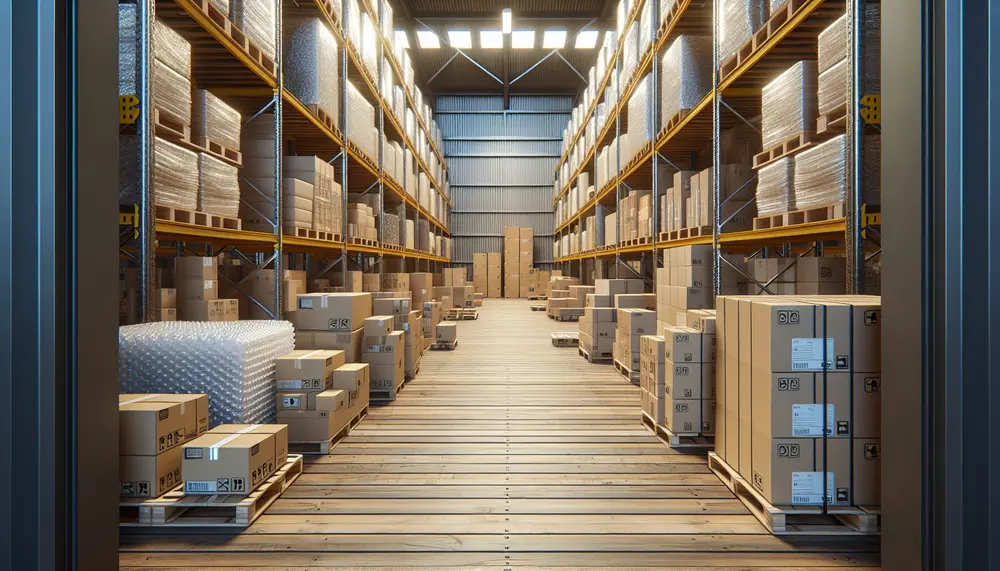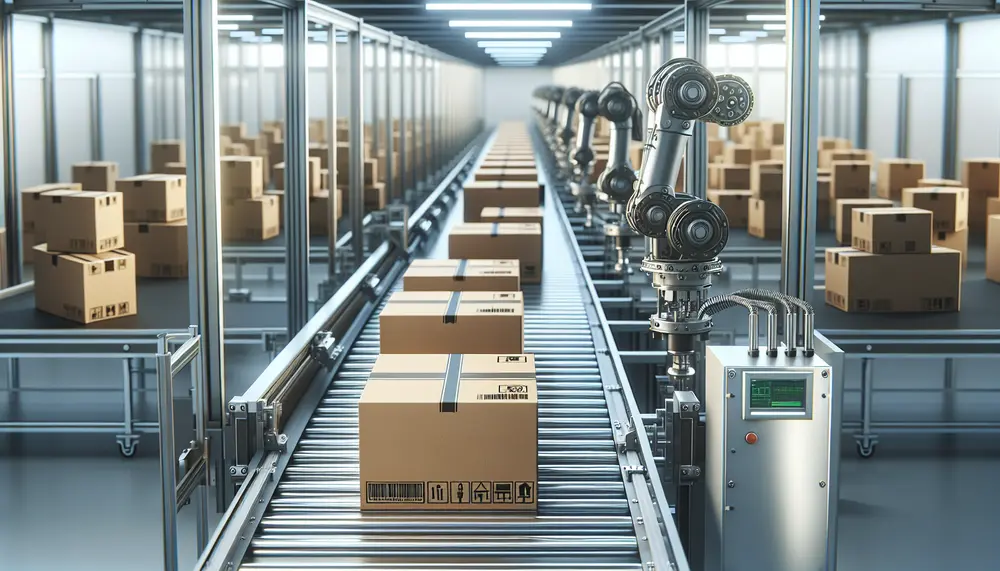Posts on the Topic Production

Pharmaceutical packaging defects can compromise product integrity, posing health risks and financial losses; common defects include uneven sealing surfaces, raised seams, excess bottom flash, uneven sides, foreign material presence, and incorrect material specifications. Identifying causes such as material quality issues,...

A pharmaceutical packaging technician ensures the safe and accurate packaging of medicines, maintaining product quality until it reaches consumers. This role requires technical proficiency, attention to detail, manual dexterity, problem-solving skills, and effective communication while adhering to industry standards like...

Advanced packaging equipment is essential for businesses to remain competitive, offering benefits like reduced labor costs and waste, while adapting to market changes. Investing in modern solutions enhances productivity and efficiency. Packaging machinery varies from case erectors to inspection systems; understanding...

Advanced packaging machines enhance efficiency and productivity in modern production lines by automating tasks, ensuring precision, and enabling cost savings. They are crucial for businesses to stay competitive and meet industry standards. High-efficiency packaging machines feature user-friendly interfaces, modular designs, precise...

Packaging engineers design and develop functional, appealing, and sustainable packaging while adhering to industry standards; their salary in the USA averages $73,978 per year. Factors influencing a packaging engineer's salary include education, experience, location, industry sector, company size/revenue, with potential...

The packaging design process is a complex journey from concept to consumer, involving education on materials and techniques, collaboration among stakeholders, adherence to timelines, and evaluation of market success. It's crucial for creating an appealing package that meets practical requirements...

Packaging design is crucial for product protection, branding, and consumer engagement, involving elements like material choice and functionality that align with brand identity. It's a strategic tool in branding, creating emotional connections through visual/tactile cues and differentiating products in competitive...

Duplex paper is a two-layered packaging material known for its printability and structural integrity, widely used across industries due to its visual appeal and sturdiness. It's also eco-friendly, being recyclable and often made from sustainable sources. Advancements in duplex paper manufacturing...

Flexible and soft packaging materials are cost-effective, protective solutions that bend to fit contents; they combine substrates like plastics for barrier protection and branding. The industry is shifting towards these lightweight, customizable options due to consumer convenience, sustainability benefits, and...

The Sustainability Awards for Packaging in Europe highlight innovative sustainable packaging solutions, emphasizing the industry's shift towards environmental responsibility as a core value. Winners are chosen based on comprehensive criteria that assess material efficiency, design for recycling, innovation, life cycle...

The environmental footprint of packaging is a complex issue involving the entire lifecycle from raw material extraction to disposal, with plastics contributing significantly to global warming and pollution. Strategies for reduction include resource efficiency, recycling technology advancements, renewable materials usage,...

A supply chain packaging company provides specialized services to enhance product protection, branding, and customer satisfaction within the overall supply chain. Selecting a partner involves considering factors like industry experience, quality assurance, scalability, material sourcing, innovation capabilities, financial stability, and...

The packaging industry's value chain encompasses material procurement, design and development, manufacturing, distribution, marketing, sales, and after-sales service. Challenges such as environmental regulations, consumer demands for sustainability, cost volatility, technological advances, globalization issues, and supply chain complexity necessitate strategic planning...


